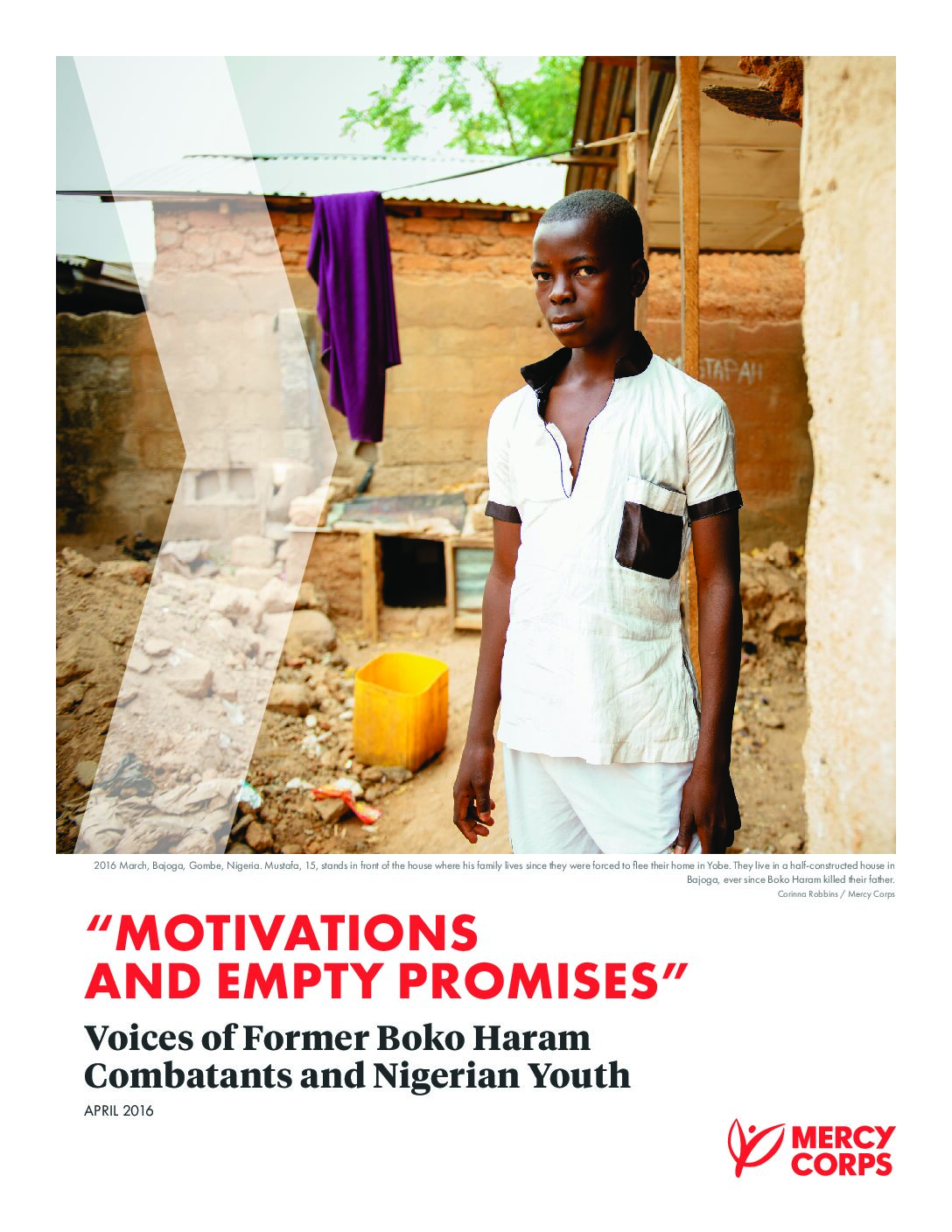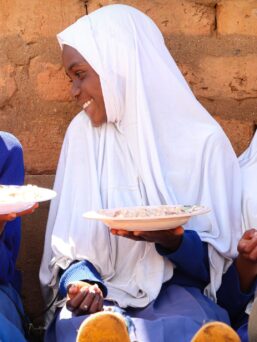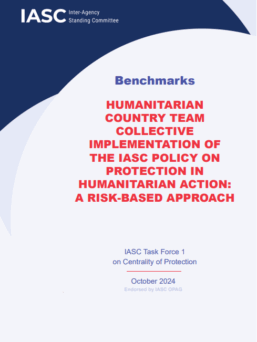This research conducted by Mercy Corps in Nigeria explores the vulnerabilities and protective strategies among youth who were recruited into Boko Haram and those who resisted recruitment efforts. The research is important to inform a comprehensive protection analysis – one that recognizes changing patterns of recruitment and community-based mechanisms for protection.
For example, the research highlights that while recruitment blurs the distinction between voluntary and forced, prior to 2009, youth indicated joining because they believed in the movement.
- In addition to religious and ideological reasons for engaging with Boko Haram, the research notes the influential role of social and business peers in recruitment, particularly as entrepreneurial activities and small business support were a key tactic of Boko Haram.
- For young women, unique opportunities offered different motivations for joining Boko Haram. Opportunities included furthering their education, in particular to study the Quran, as well as a higher status in the community.
- For those who resisted recruitment, local family-based and community-based messaging played a key role as well as having diverse social connections and networks. Humanitarians should identify opportunities to build on and amplify these community-based mechanisms as part of a strategy to prevent recruitment.



